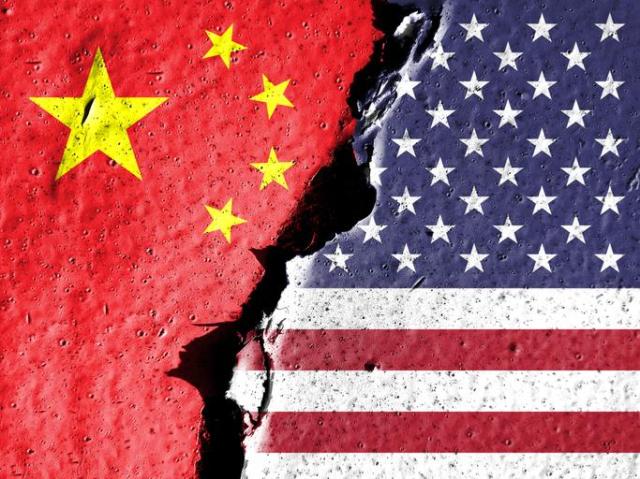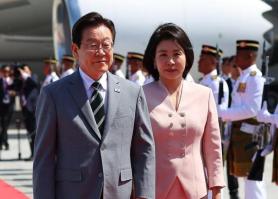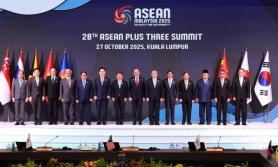
SEOUL, May 31 (AJU PRESS) - More than half of Southeast Asians now favor China over the U.S. if they had to choose between the two countries, a recent survey revealed. Their preference for China has increased by over 20 percentage points compared to a year ago, while their favorable view toward the U.S. has declined by more than 11 percentage points. It is the first time China has surpassed the U.S. in terms of preference since the annual survey began in 2020, reflecting Beijing's growing influence in the region.
In a survey of nearly 2,000 Southeast Asian people from various sectors, including scholars, researchers, and government officials, conducted by the Association of Southeast Asian Nations (ASEAN) early this year, China's popularity climbed from 38.9 percent last year to 50.5 percent this year, a notable shift.
The trend was particularly evident among respondents from Malaysia (75.1 percent), Indonesia (73.2 percent), Laos (70.6 percent), Brunei (70.1 percent), and Thailand (52.2 percent). Countries with a strong preference for China included Malaysia, Indonesia, and Laos which have benefited from Beijing-led infrastructure project, the Belt and Road Initiative (BRI), also known as the New Silk Road Initiative.
In contrast, Southeast Asians' favorability toward the U.S. declined from 61.1 percent in 2023 to 49.5 percent this year. However, Washington still garnered majority support from the Philippines (83.3 percent), Viet Nam (79 percent), Singapore (61.5 percent), Myanmar (57.7 percent), and Cambodia (55 percent).
Despite a slight decrease in overall support from these countries over the past year, the Philippines exhibited an all-time high level of support with 83.3 percent, up 4.5 percentage points on-year. The uptick was interpreted as a result of the Philippines' closer alliance with the U.S. in addressing China's assertiveness in the South China Sea.
Among Southeast Asians, the European Union and Japan remain primary choices for alignment amid geopolitical uncertainties stemming from the U.S.-China strategic rivalry. The EU retained substantial support, with 37.2 percent of respondents opting for it, although this slightly decreased from 42.9 percent last year.
Japan came in second with 27.7 percent and India maintained its position in third place with 10.5 percent, closely followed by Australia (9.5 percent), the U.K. (9.2 percent), and Korea (5.9 percent). Notably, preference for India has slightly dipped from 11.3 percent last year, while Australia, the U.K., and Korea have seen an increase in support.
Copyright ⓒ Aju Press All rights reserved.




